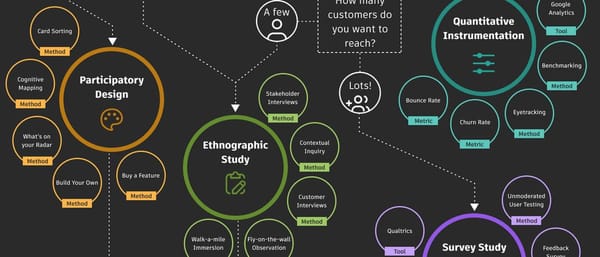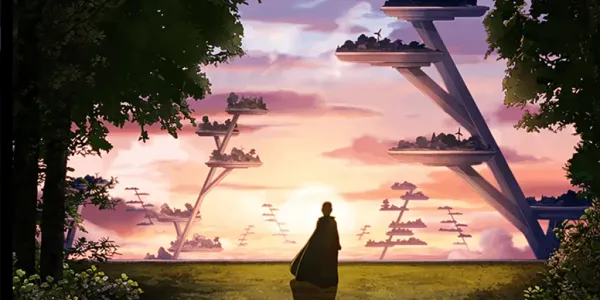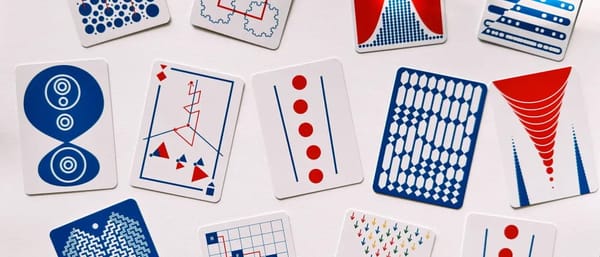№ 21 | Climate Ready Board Games, an Intro to Cooperative Games, Synthesis of 5 Behavioral Models, the Manual of Me, and 4 Psychological Skills
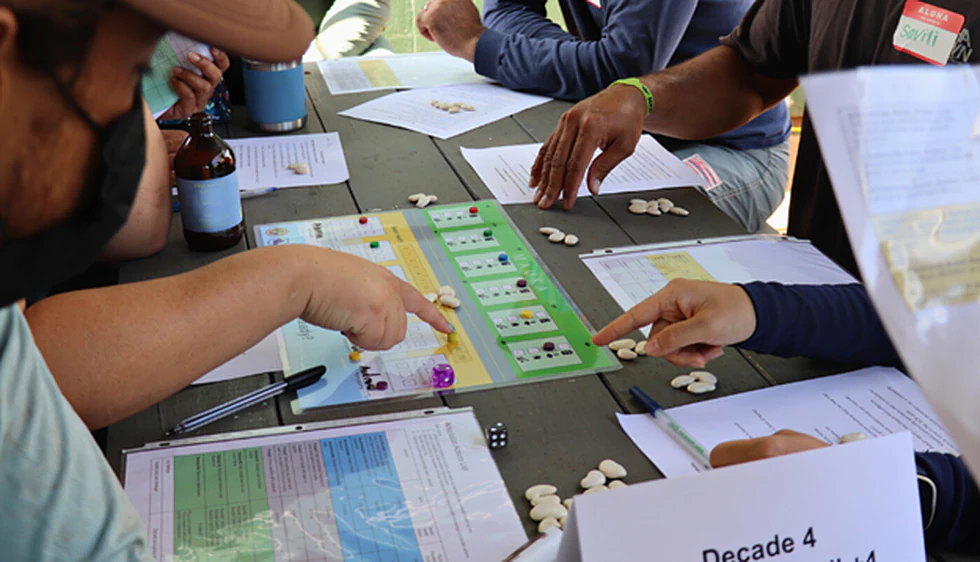
Board games solving real-world problems?
Raising awareness of an issue is one thing, as is bringing about understanding. But to facilitate actual problem solving? YES! Hailey Campbell, a city climate adaptation specialist in Hawaii, is the person behind a pair of (yes, TWO!) board games to facilitate difficult conversations around how their communities might respond to climate change.

The interview—“These board games are finding tangible solutions to climate change in Hawaii”—is light on exploring the actual gameplay; for this you can go to the Climate Ready Games web site, where everything you need to play the game is free to download. 🎉
** SIDENOTE: I picked up on a number of phrases typically used by facilitators and coaches… “Adaptive capacity” / “learned experiences” / “solution oriented games” / “facilitate difficult conversations” / “bring people together” / “inspire rich conversations and move toward solutions” 😉
This pairs well with…
Cooperative games will change the world!
This is a fantastic, well-produced video focused exclusively on… collaborative board games (also the premiere (!!) episode of Mental Floss’s new series, The History of Fun).
As an avid board gamer, I was impressed by how thorough the research is, all the various shout outs, and the overall production value. Highly recommended. A good return on investment for 20 minutes of time. And… cooperative games!!
Synthesizing 5 behavioral models
I love it when someone stacks up multiple models / theories/ frameworks alongside each other for comparison. That’s what this post—“Major behavioral theories, explained”—does with 5 different behavioral models:
- Transtheoretical model
- Theory of planned behavior (based on the theory of reasoned action)
- MINDSPACE approach
- Fogg model
- Hook model
Short and sweet. To the point. This post presents each model, then lays out a visual to show how they relate to each other:

“Manual of Me”
I’m seeing more of these ‘personal blueprints’ and ‘operating manual for working with [insert name]’ kinds of guides. Here’s a tool—Manual of Me—that’s claims to make it easier to “discover and share how you work best with others.”
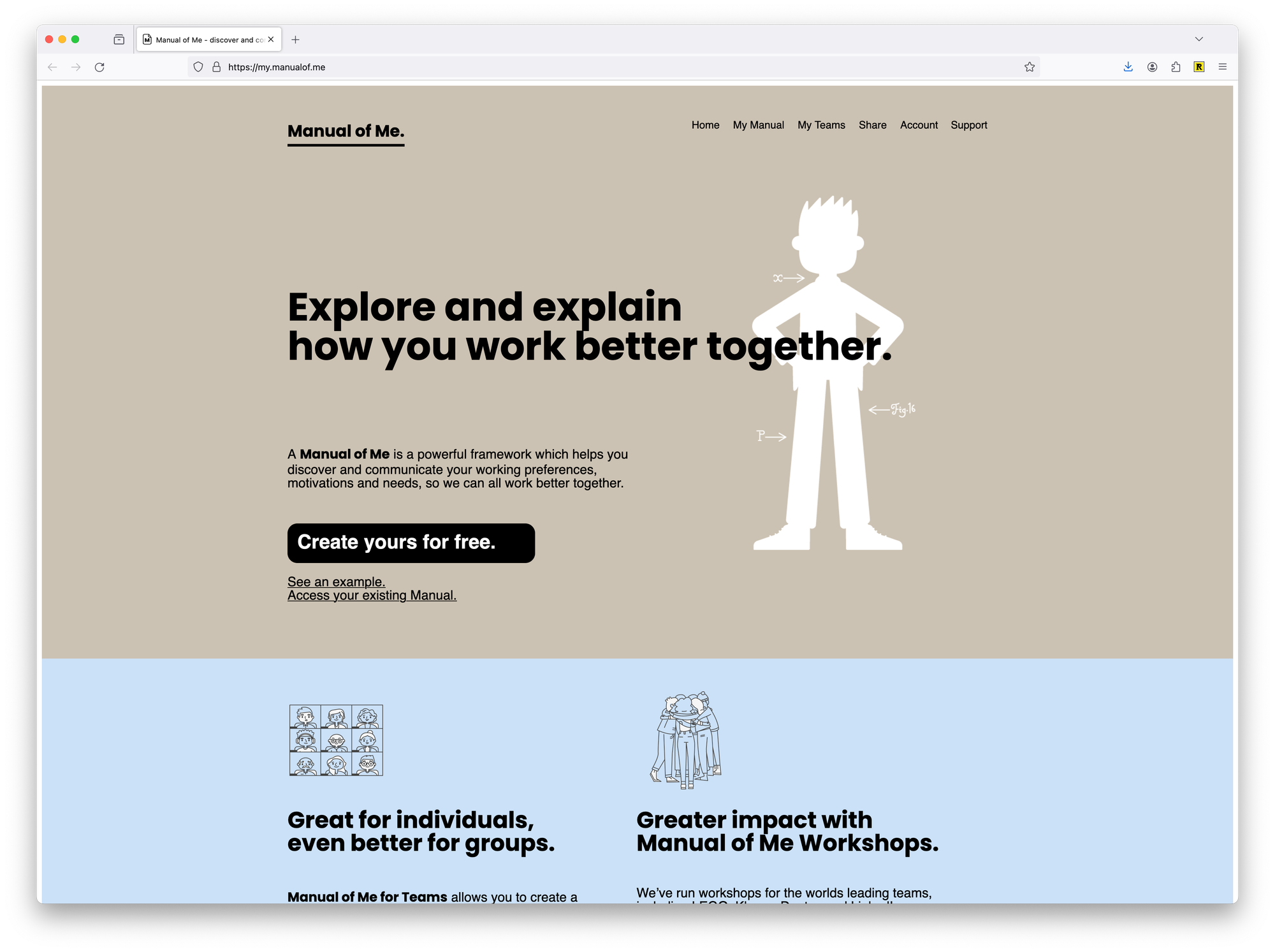
4 Psychological Skills
“Psychological Skills I Stole From Super-Smart People.” More like four good lifehacks / mindsets picked up from folks like Adam Grant and Derek Sivers. I especially enjoyed the first suggestion:
While eliciting feedback, instead of asking, “How is it? Do you have any suggestions?” Ask the person to rate it from 0–10. It’s very likely that no one would give a score of 10. Even if they like you, they might give a score of say, 8 or 9.
And then, you simply ask them, “What can I do to move closer to 10?”


